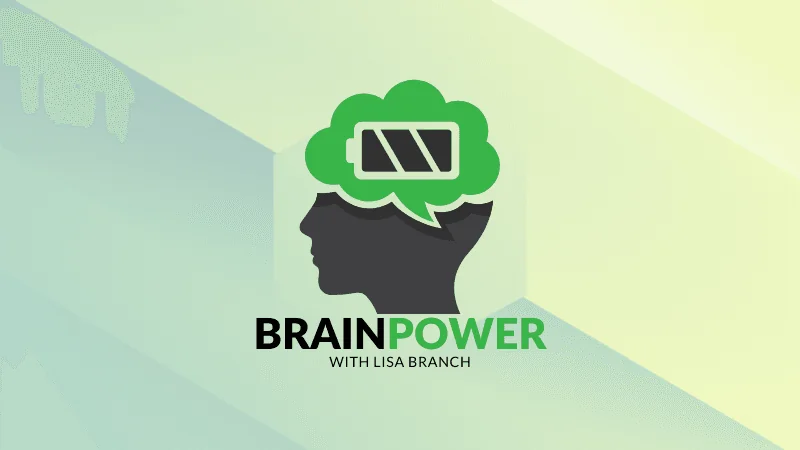Hey, Friends!
As a parent, grandparent, educator and business owner, and certified brain specialist here in our community, I am excited to chat with you about you, your kids, and your brain. A few weeks ago, an idea was birthed in a group of colleagues about how to help parents especially, but also seniors, business people, etc. to understand what they are dealing with in everyday situations where their brains just kind of sputter and conk out, leaving them forgetting names, neglecting to turn in assignments, or searching for where they put those papers their boss needs NOW! So, BrainPower was born and today is the inaugural column! If you have a brain, I will give you tips on how to rev it up and make it work more efficiently for you! If your brain is totally fried and of little use at the moment, that’s ok, too! I’ll give you some pointers on how to get the engine kick started and moving in the right direction!
In light of recent events in our community- Did you know that trauma-both physical and emotional- have been shown to cause the brain to “stagnate” in its growth if that trauma isn’t processed correctly? Well, it’s true! When we experience that rush of true fright (regardless of whether the fright is warranted or not) our brain responds very similarly as to when it experiences a physical trauma. The energy directed toward brain functions simply redirects into a protection and healing of the areas that were under attack during the incident. Wow! That’s pretty significant since emotional trauma is different for each of us. Our community has recently experienced trauma, in a couple of different ways, resulting in a fear of the unknown that has to be processed in order for normal brain function to resume! Whether you were a part of the school issue or the recent fires in the area, these experiences and the ensuing fear they produced are real and must be acknowledged! Today’s tip, while geared to our school kids, also works in the instance of any trauma and any age group!
The questions you may be asking, especially as a parent, are “What Now?” “Is it over?” “What do I say to my daughter who doesn’t want to go back to school or who asks ‘What happens if the fire starts up again while I’m asleep?’” To my son, the football player, who swears that the locker room was hard for him to walk into the next day? Your husband who insists on taking shifts sleeping in order to watch out for sparks? The kiddo who doesn’t understand why the incident happened in the first place? What do I do with my child who suddenly is withdrawn, or the one who is acting out? The child who refuses to follow the teacher’s directions after always being a compliant student or my child who doesn’t want to sleep in her room because she’s afraid?” The answers are hard, and like shoes, one size does not fit all! That being said, here is the first pointer to getting your child, your parent, yourself back on solid ground!
Listen. Refrain from comment. Just listen. Let them talk. Their perception of what happened might be right or it may be wrong, either way, it is how they took in the information and it is real to them. The time for you to discuss those things with them will happen later but for now, they just need to talk it out and to be heard. Validate them. Believe them. Their biggest need here is for you not to overreact. Seeing you get angry or fearful causes them to shut down in order to protect themselves and you. I’ll say it again. Listen. With both ears. With your body language. Don’t look at your phone. Look at them. Hear their thoughts beyond the words. Show you are interested. Keep your questions to ones that will continue the talk. “What happened next?” “How did that make you feel?” “Why do you think that was said?” Encourage them to tell their story as many times as they need to. Don’t shut them down just because it’s the 10th time they’ve shared the story. The brain processes more and more as they hear themselves repeat the details. This is detoxing at it’s finest!
Catch the BrainPower Column here at Hello Huntsville! next week for additional tips on helping your family in times of stress!

Lisa Branch, the Director of the LearningRx Huntsville Brain Training Center, extends a welcoming hand to those grappling with learning difficulties. Whether it's an individual or a loved one facing challenges, the center is eager to provide assistance. Learning struggles often lead to a multitude of questions for both individuals and families, and the team at LearningRx Huntsville is fully prepared to offer solutions and answers. Learn more about LearningRx at https://www.learningrx.com/huntsville/.

